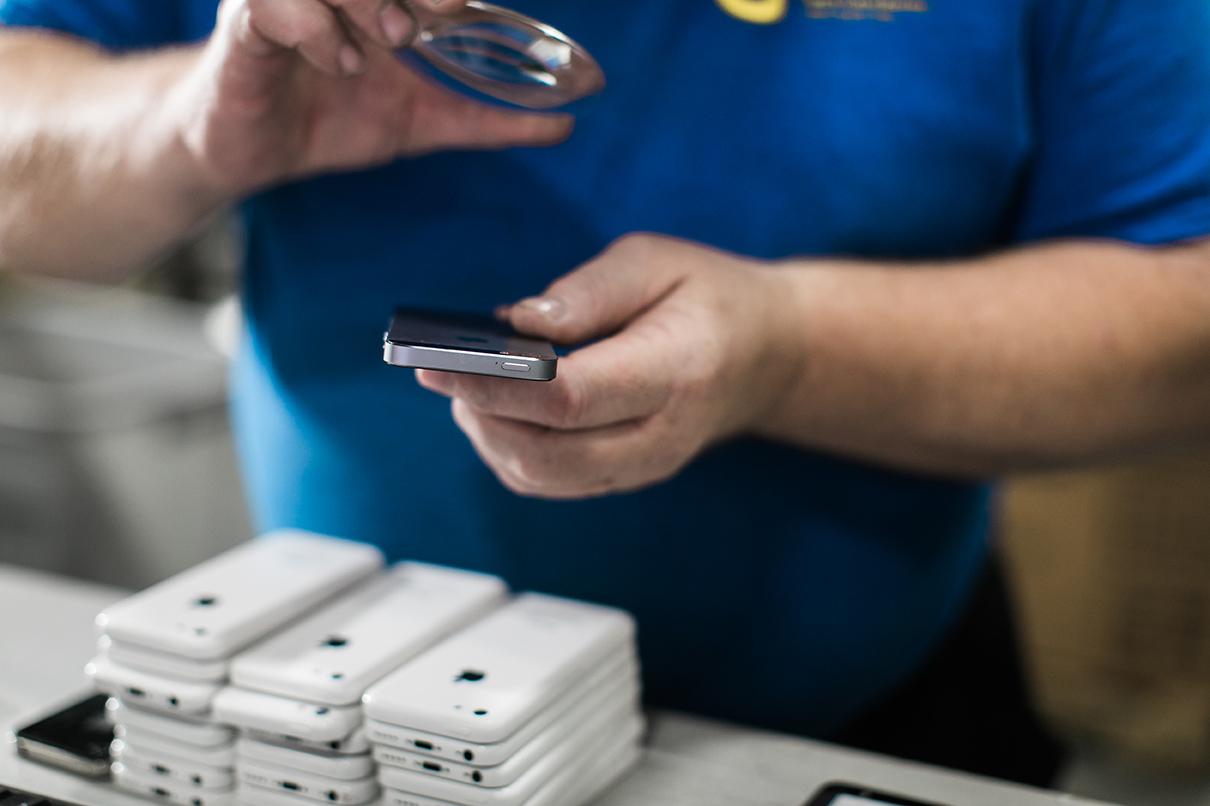Buying a brand-new device is an exciting prospect. The latest iPhone or Samsung, the newest generation of a beloved gaming console, or the sleek, speedy laptop you’ve been eyeing can be a worthwhile purchase for your professional or personal life; and with so many options and new innovations, you’re sure to find something to fit your needs.
However, the same innovations that make buying new tech so exciting can become irritating when your device becomes obsolete in a matter of months. The high-quality camera on your phone, with features considered revolutionary last year, is now overshadowed by Apple’s newest product. Your gaming laptop no longer meets the system requirements for new releases. And that console? The next generation is already in production.
Worse still, sometimes companies intentionally create this frustration using a business practise known as “planned obsolescence.” Planned obsolescence is when a company intentionally designs a product to be replaced at a certain point after release. Not only does this make you spend more, it also contributes to e-waste as old devices get tossed.
You can help combat the effects of this on the environment and your wallet by keeping your electronics working for longer. Here are some tips on how to do that:
If you want to buy new, keep an eye on the market.
We’ve all been there. You’ve finally got some money to spend, and you want to treat yourself. After going through your mental list of “Things You’ve Always Wanted But Could Never Justify Buying,” you decide on the latest iPhone, and your shiny new toy arrives in the mail. Then, just two weeks later, Apple announces the next model and its rapidly approaching release date. Suddenly, that shiny toy doesn’t seem so shiny. If only you had waited just a few more months.
When buying a new device, it’s important to do some research. While it’s not always possible to know just when new devices are coming out, rumors and leaks often circulate in the year prior to release. If there’s talk about a new model in the works, it may be best to wait.
Buy what you need.
This may sound obvious, but it’s important to know what you need, and which device is right for you. If you’re looking for a gaming laptop, don’t buy a non-gaming laptop that barely meets the typical system requirements for the games you want to play. This could put stress on the hardware, making your system more likely to require repair or replacement sooner. A phone that lags performing your everyday work tasks will inevitably end up being replaced and tossed quickly. Make sure you are familiar with the technical specifications you require in a device.
Repair when you can.
Some companies, as part of this “planned obsolescence,” purposefully manufacture their devices with brittle parts designed to break quickly. While these designs aren’t always intentional, companies have little incentive to fix them. Fortunately, while some repairs are difficult or even impossible, many can be done. Have your device evaluated by a repair shop. These consultations typically come at little to no cost, and a specialist can help get your beloved device up and running again.
Know when to give up.
Sometimes, it just isn’t worth it.
While it’s good to make your device last as long as you can, eventually it will reach the end of its life. Sometimes, repairs on old devices are more expensive than replacements, or they require so many new parts that you may as well replace the whole product. Other times, your devices are no longer compatible with the software or operating systems required. For example, many older computers are not compatible with Windows 10, meaning those devices don’t get important security updates that protect your device. While repair and maintenance are good things, they aren’t always the right answer.
Remember, you don’t have to buy a new device the minute something goes wrong. Taking steps to maintain and extend the life of your devices can save you money and help the planet. Before you buy that new iPhone, take a second to think first.
